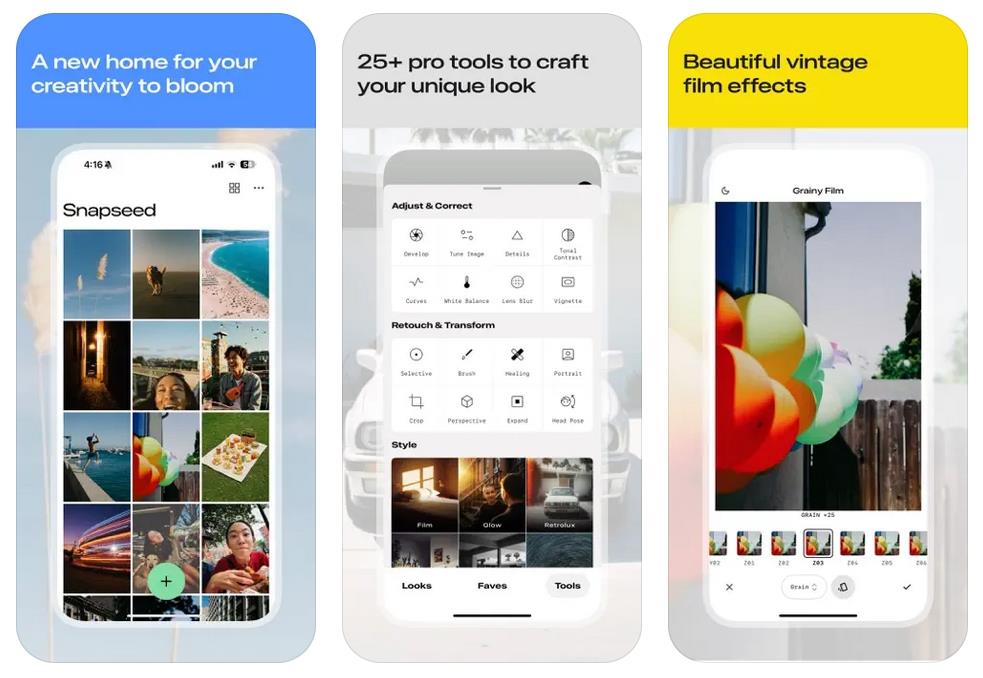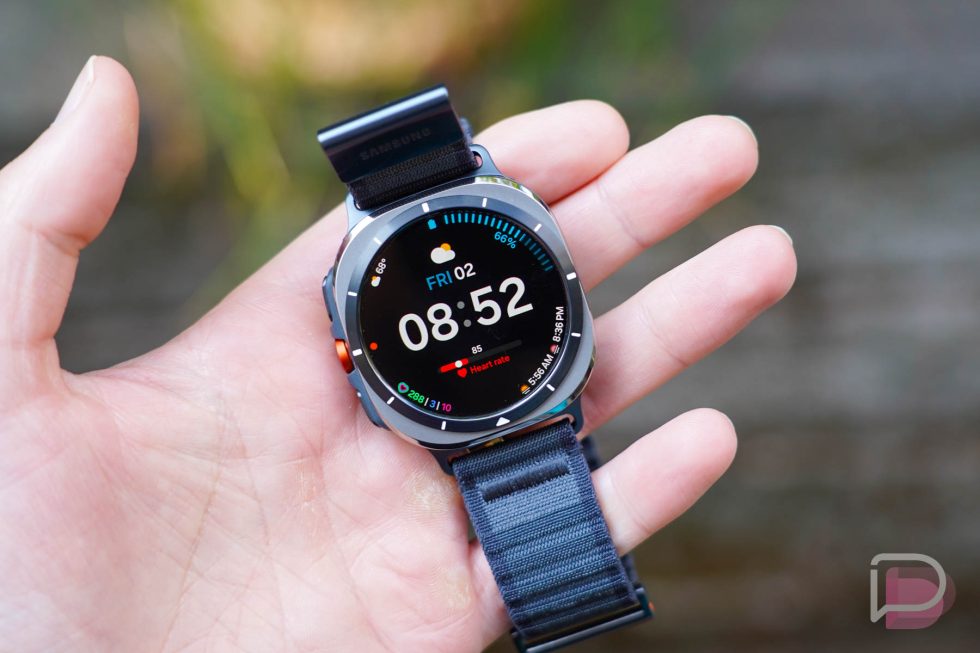Napster and Sonos Sued for Millions in Unpaid Music Royalties
Napster, the brand synonymous with the music piracy boom of the early 2000s, has a new copyright challenge. Together with audio giant Sonos, Napster faces a lawsuit demanding over $3.4 million in alleged unpaid copyright royalties. Filed by SoundExchange, the complaint centers on missed payments related to the "Sonos Radio" service, which until 2023 was powered by Napster's music catalog. From: TF, for the latest news on copyright battles, piracy and more.

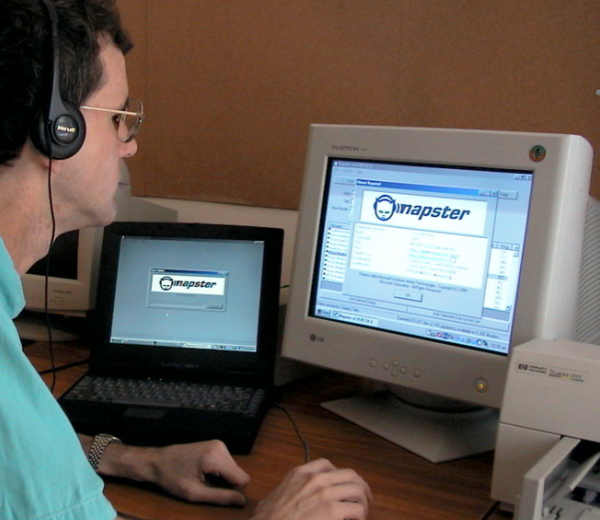 In the late ’90s, with P2P file-sharing yet to really take off, music industry insiders had already toyed with the idea of a ‘celestial jukebox’ that could access all music in the world.
In the late ’90s, with P2P file-sharing yet to really take off, music industry insiders had already toyed with the idea of a ‘celestial jukebox’ that could access all music in the world.
While the idea sounded appealing, the economics were not straightforward, and it took an external intervention to spur record labels into action.
When Napster launched in 1999, it sparked a music revolution that changed the industry forever. The file-sharing software itself had a short lifespan and was shut down swiftly through legal action, but the seed had nevertheless been planted.
The P2P file-sharing piracy boom eventually forced the music industry to embrace digital music online, first through iTunes and other online stores, followed by streaming services such as Spotify, Apple Music, Amazon Music and Deezer.
Napster’s Streaming Service
Today, the original Napster is long gone, but the brand remains in use. After changing owners multiple times over the years, Napster is now a legal music streaming service after the rebranding of Rhapsody. In a way, Napster has come full circle.
The Napster streaming service currently operates in 33 countries, reportedly serving millions of customers, who pay to access a vast music library.

While it’s wholesome to think that Napster paved the way for its own future, the company isn’t completely free of copyright challenges. On the contrary, this week Napster finds itself at the center of a copyright lawsuit filed by collective rights management organization SoundExchange.
SoundExchange Sues Napster and Sonos
In a complaint filed at a California federal court, SoundExchange is seeking over $3.4 million in alleged underpaid statutory copyright royalties from Sonos and Napster. The lawsuit centers on the “Sonos Radio” service that was initially powered by Napster’s extensive music catalog.
Sonos Radio launched in April 2020 with Napster as the authorized agent, submitting the required royalty reports and royalties to SoundExchange. While all went well initially, payments stopped around May 2022.
At the time, Napster had been acquired by venture capital firms Hivemind and Algorand, with a focus on “web3” technologies, including cryptocurrencies and blockchain. According to the complaint, the takeover resulted in a “complete breakdown of reporting and payment for the Sonos Radio service.”
The alleged payment problems eventually came to light during an audit initiated by SoundExchange in 2023, which concluded that Sonos and Napster owed millions in unpaid royalties.
SoundExchange Seeks Millions in Damages
Sonos and Napster are no longer partners in the radio service, as the audio equipment manufacturer switched to Deezer around April 2023. That appears to have solved the royalty issues, but SoundExchange still believes it is owed more than $3 million.
“In total, Sonos, and its agent Napster, have failed to pay at least $3,423,844.41 comprising royalties owed for the period October 2022 to April 2023, interest, late fees, and auditor fee-shifting costs, and subtracting Sonos and Napster’s payments made to date.
“Late fees and interest continue to grow,” SoundExchange adds, while requesting compensation in full.

The complaint lists one count of “underpayment” of statutory royalties, and one count of “non-payment” of royalties, as determined by the audit. For both Copyright Act violations, SoundExchange requests damages of at least $3.4 million.
Neither Sonos nor Napster has publicly responded to the lawsuit. In March of this year, Napster was sold, once again, to Infinite Reality, which plans to use the brand to pave “a path to a brighter future for artists, fans, and the music industry at large.”
—
A copy of the complaint filed on June 16 in the United States District Court, Central District of California, is available here (pdf)
From: TF, for the latest news on copyright battles, piracy and more.





















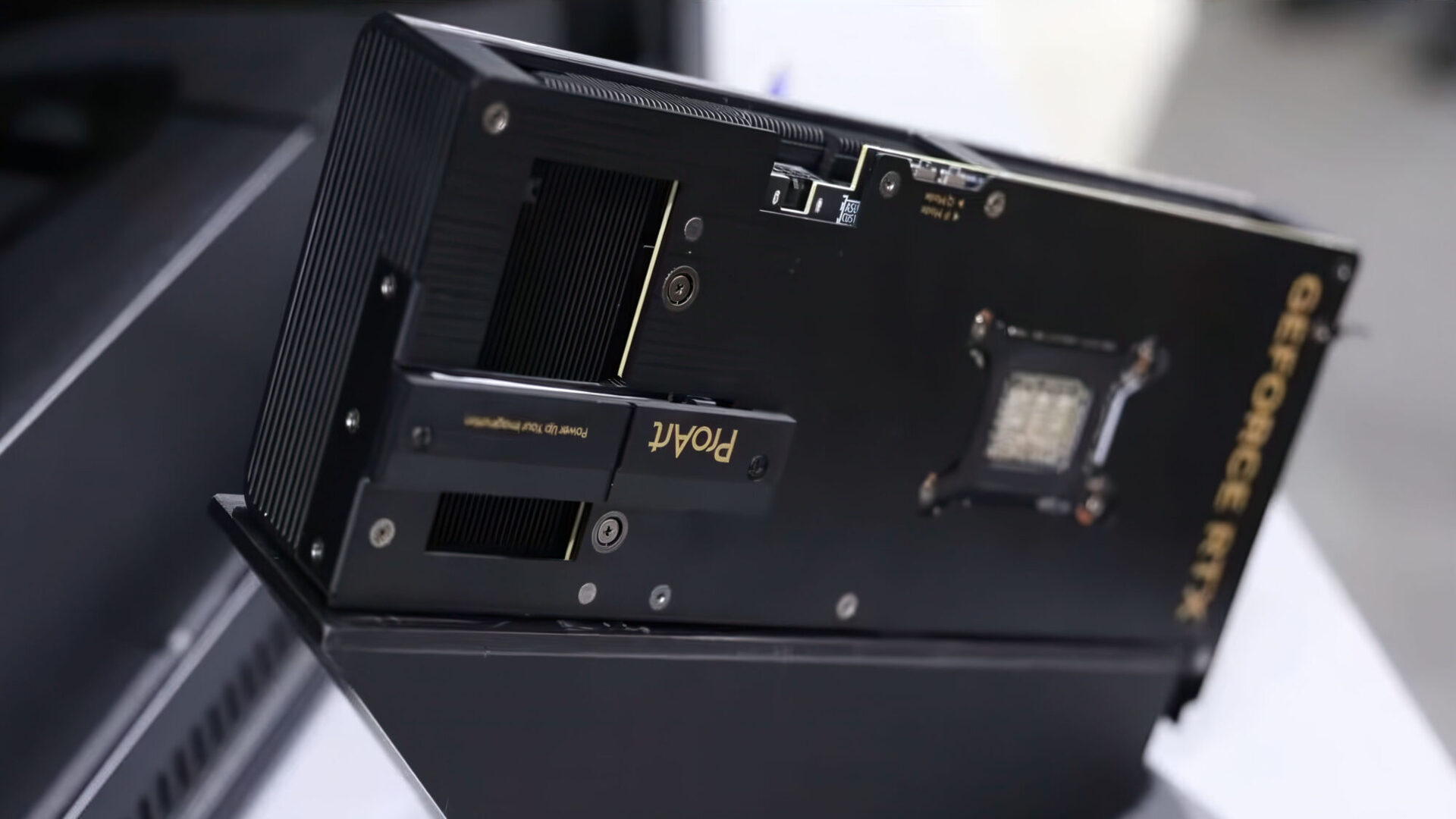




































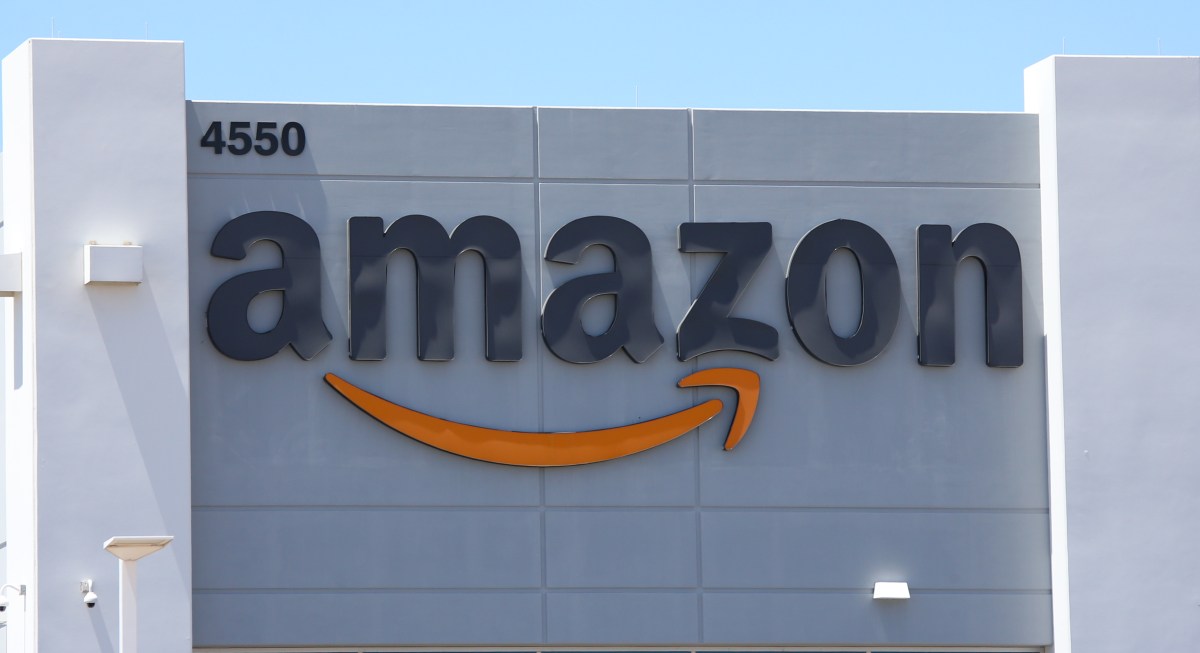
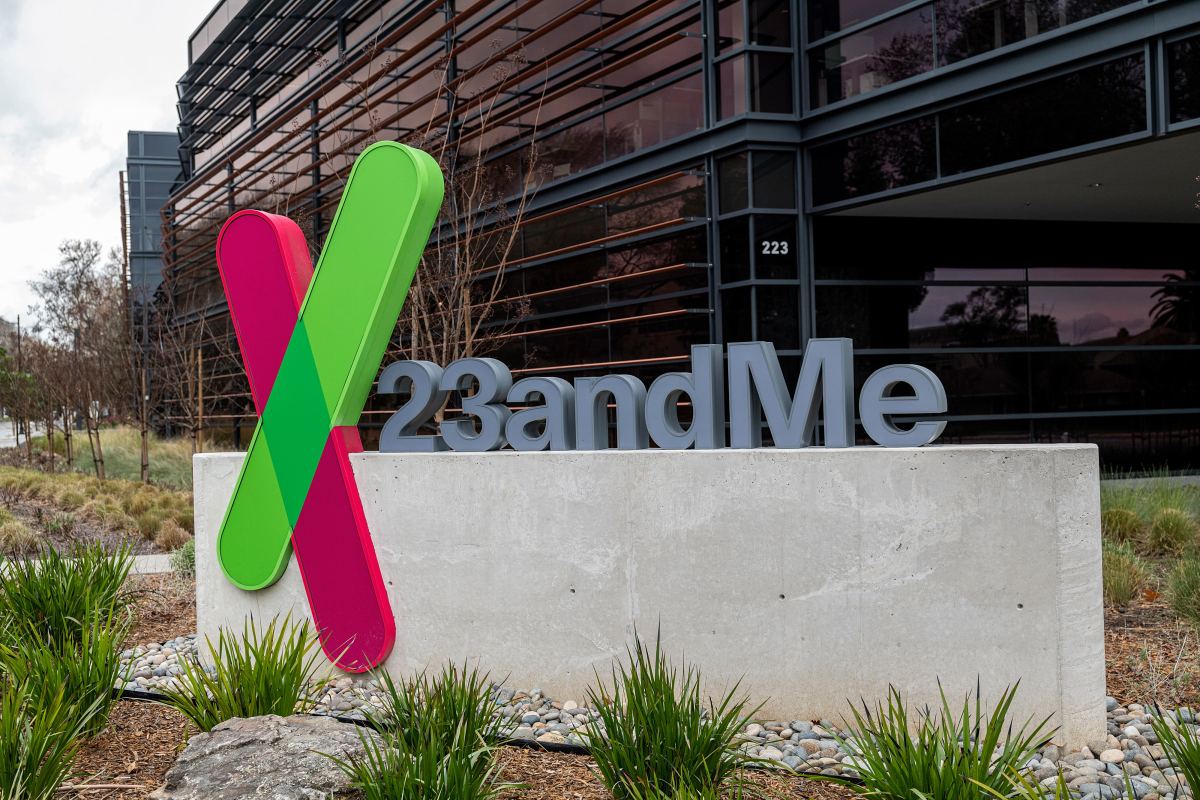










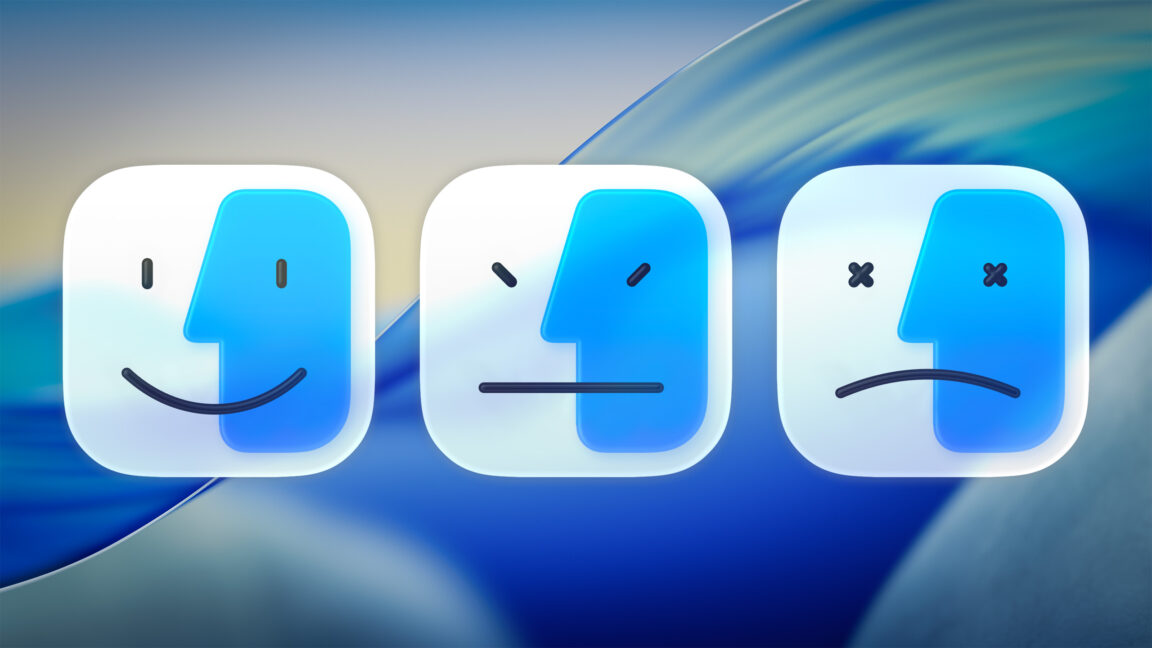


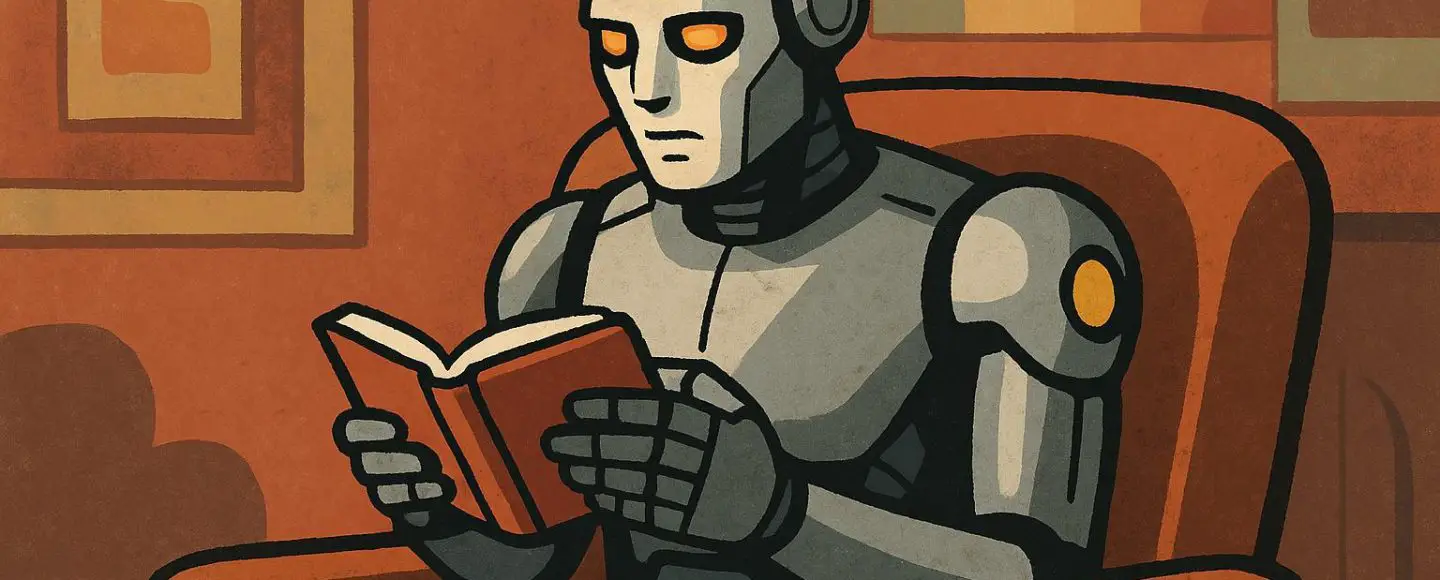


































































































![[The AI Show Episode 153]: OpenAI Releases o3-Pro, Disney Sues Midjourney, Altman: “Gentle Singularity” Is Here, AI and Jobs & News Sites Getting Crushed by AI Search](https://www.marketingaiinstitute.com/hubfs/ep%20153%20cover.png)

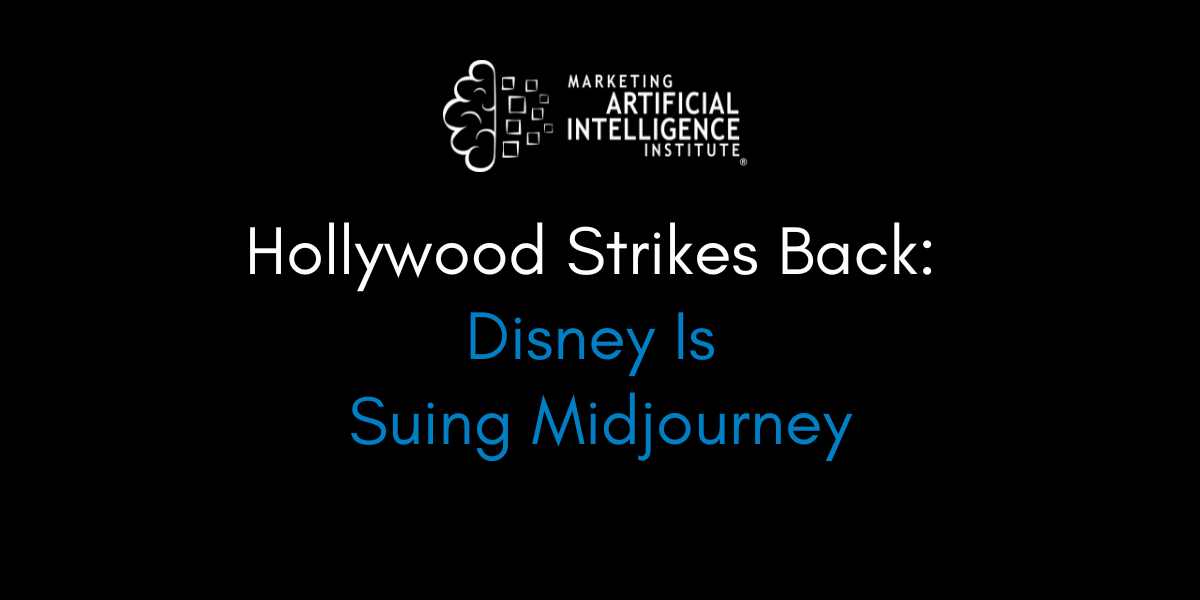






























































































































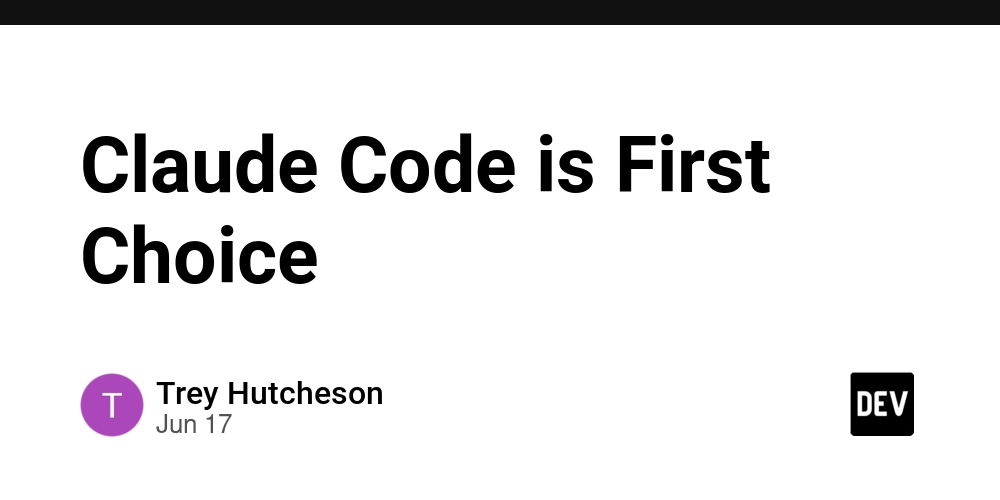











































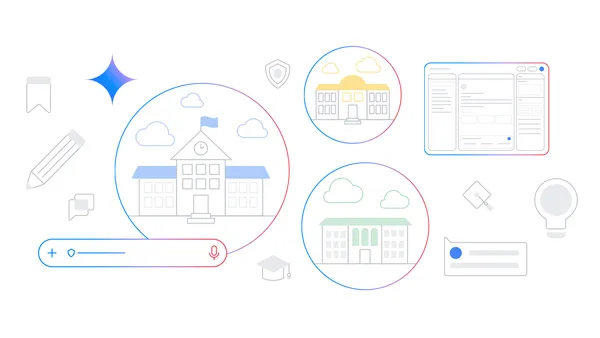

.png?width=1920&height=1920&fit=bounds&quality=70&format=jpg&auto=webp#)





































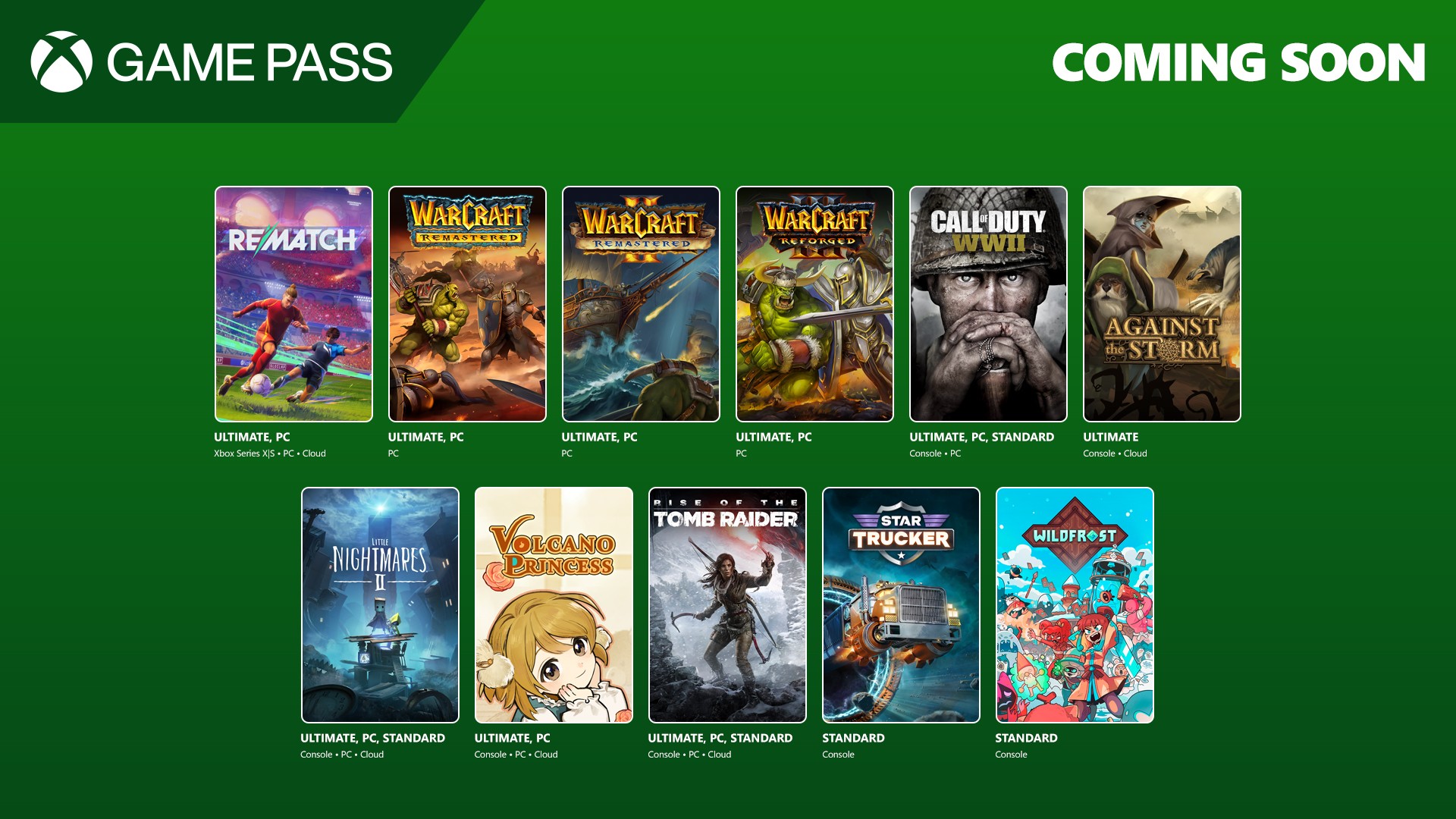







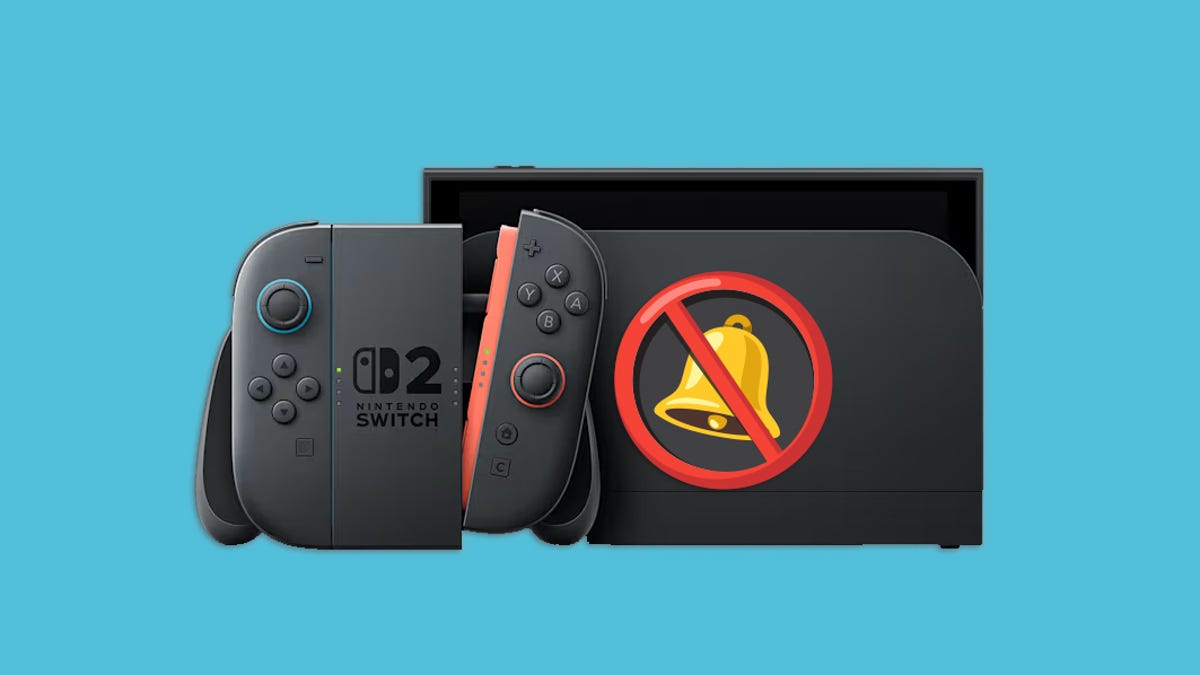














.jpg?#)






























_wsf_AL_Alamy.jpg?width=1280&auto=webp&quality=80&disable=upscale#)






















































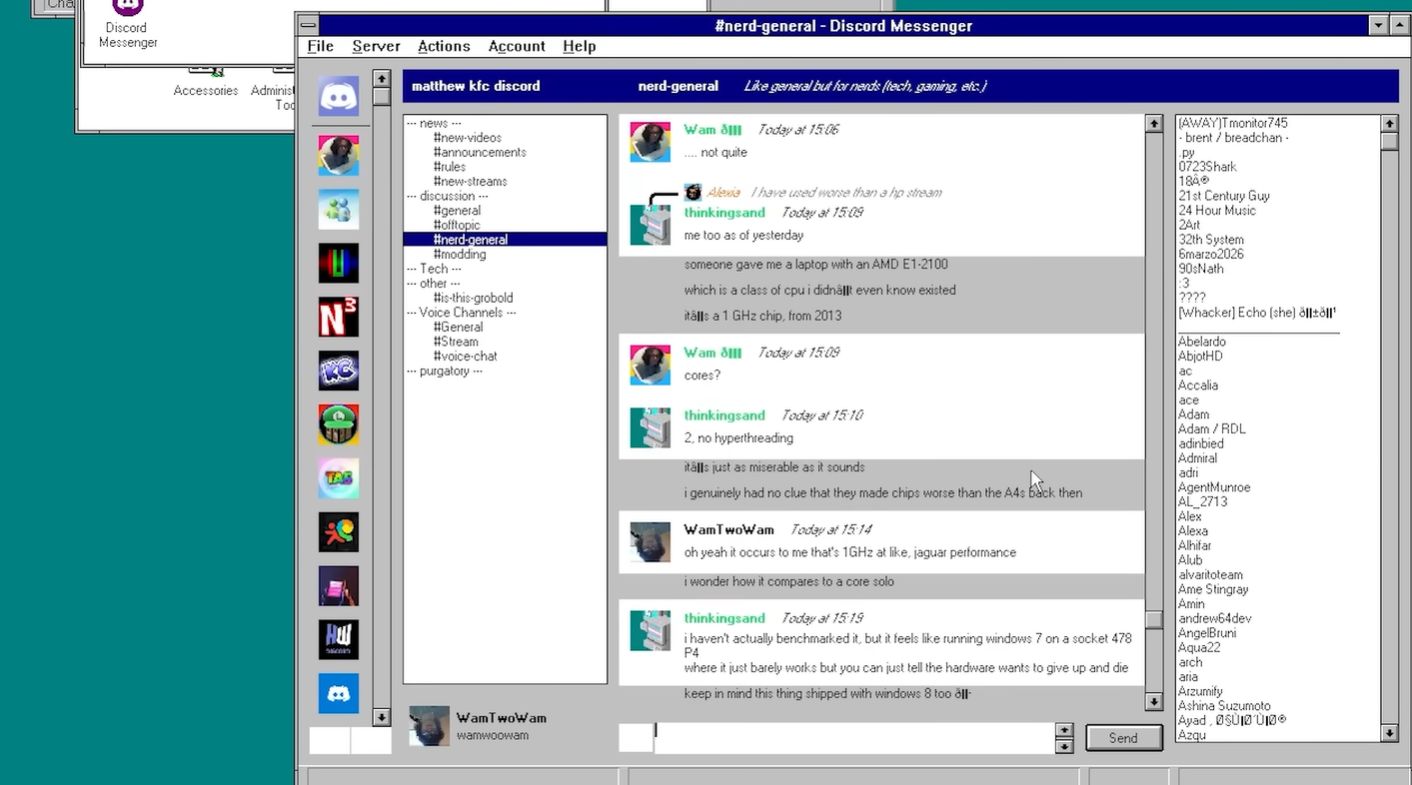




















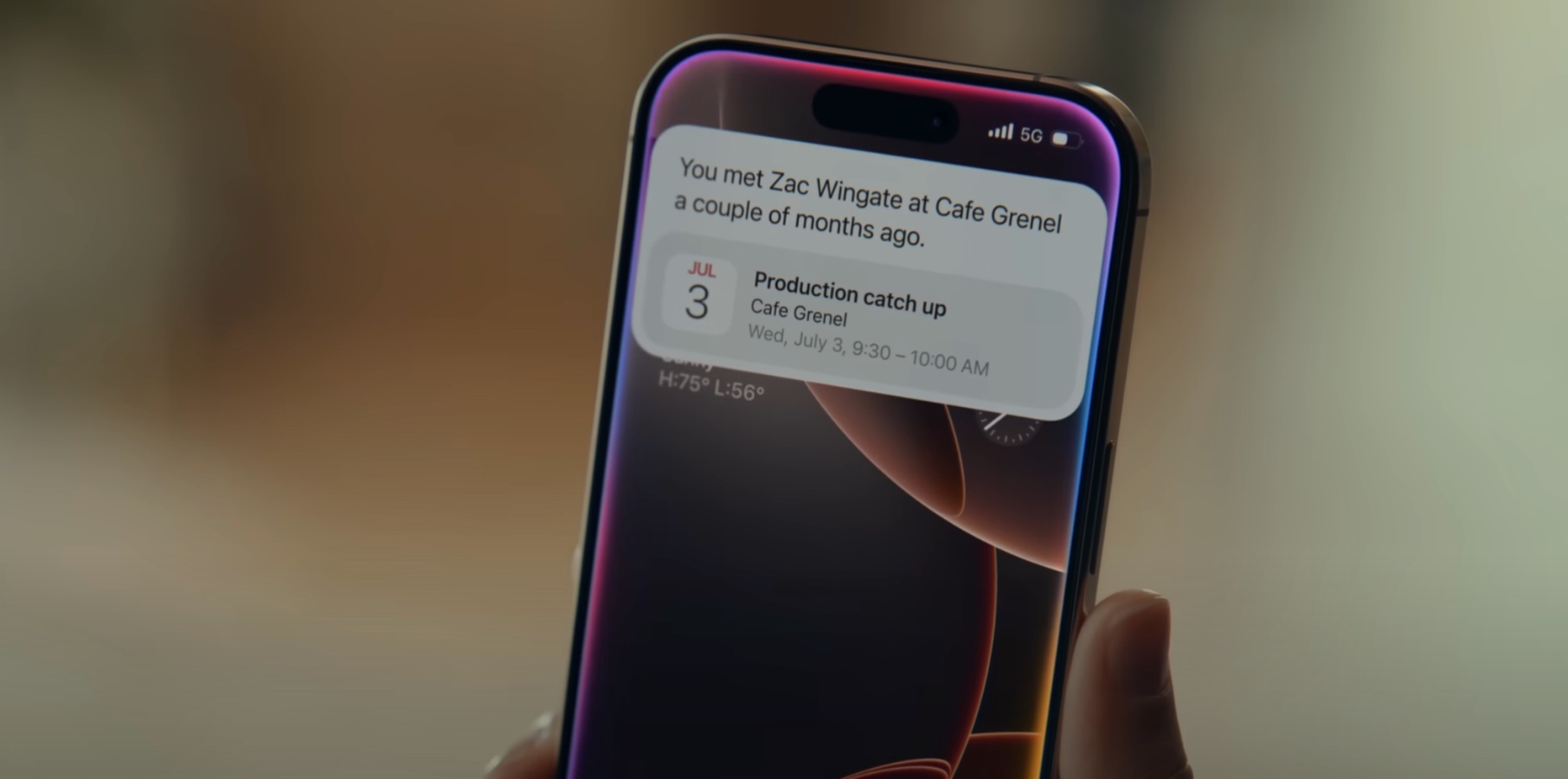


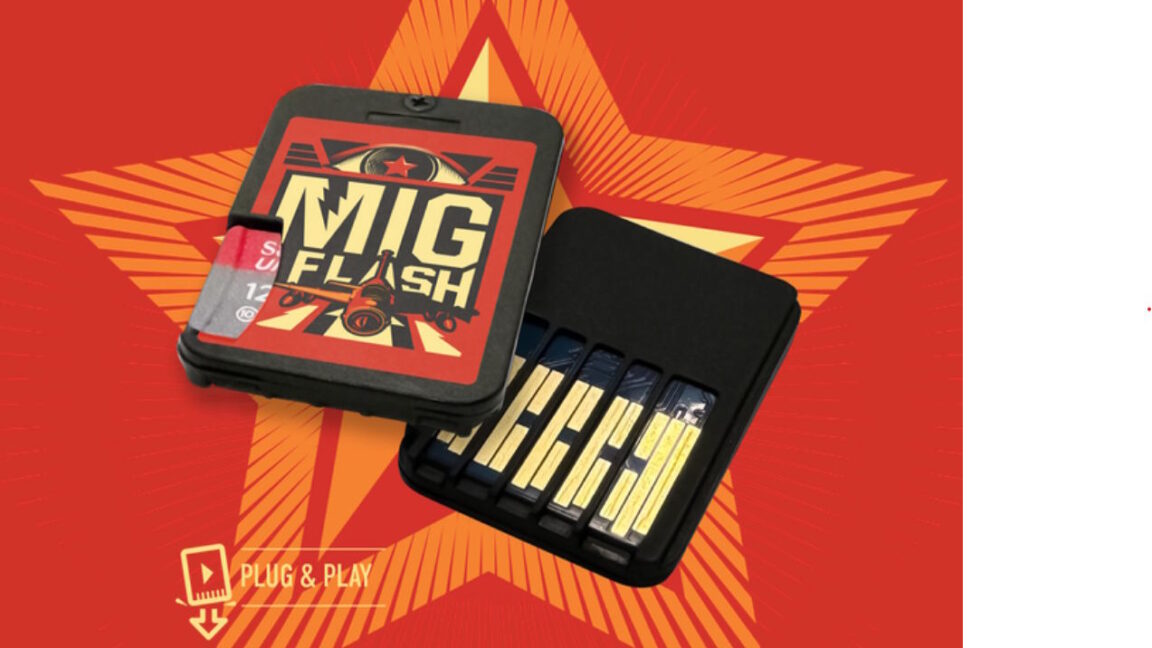



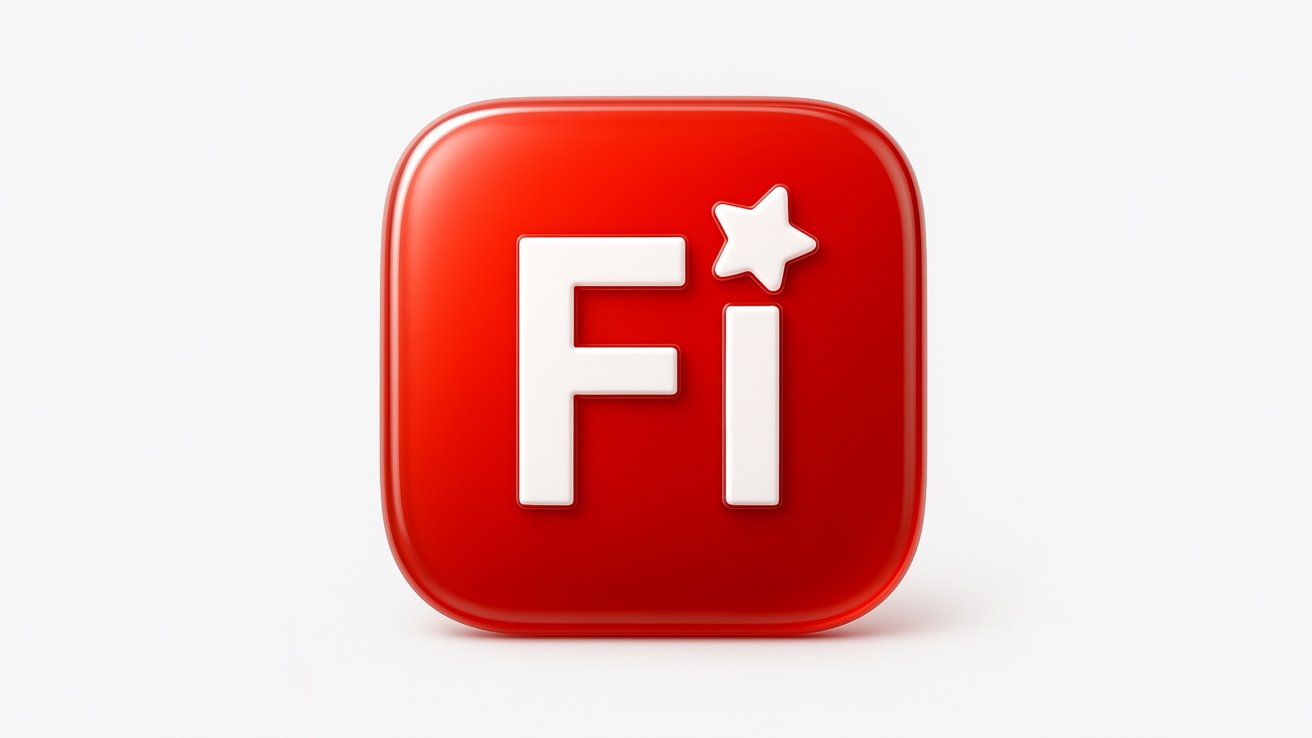

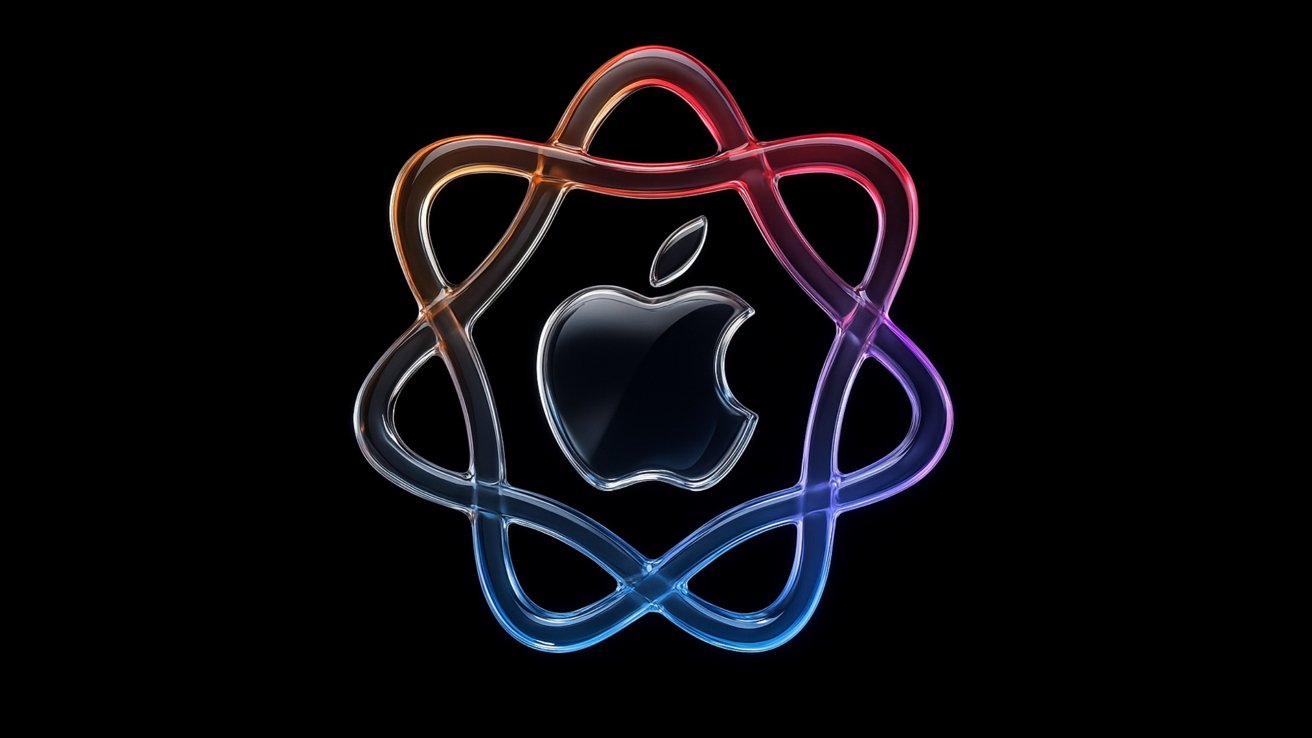
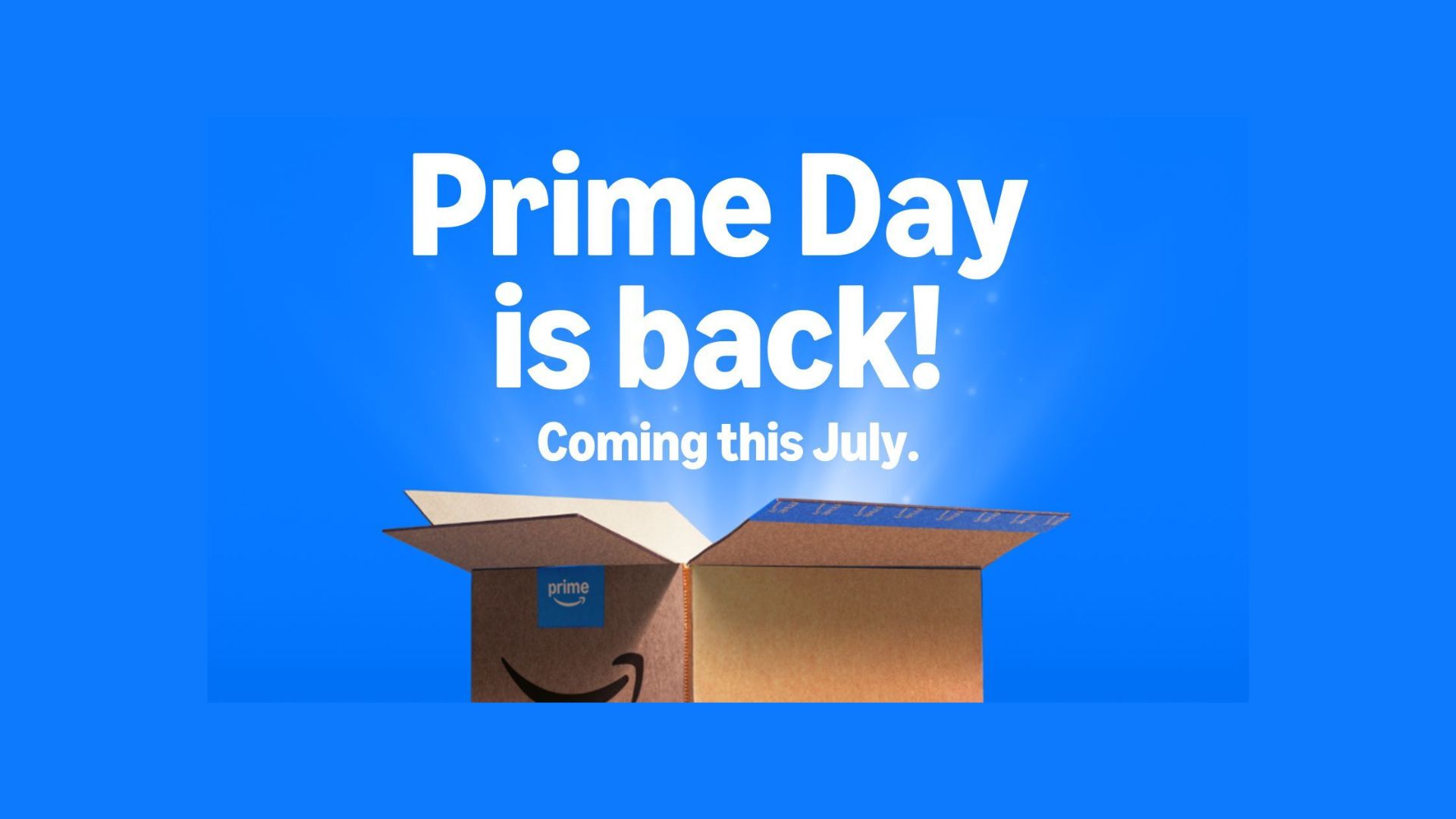
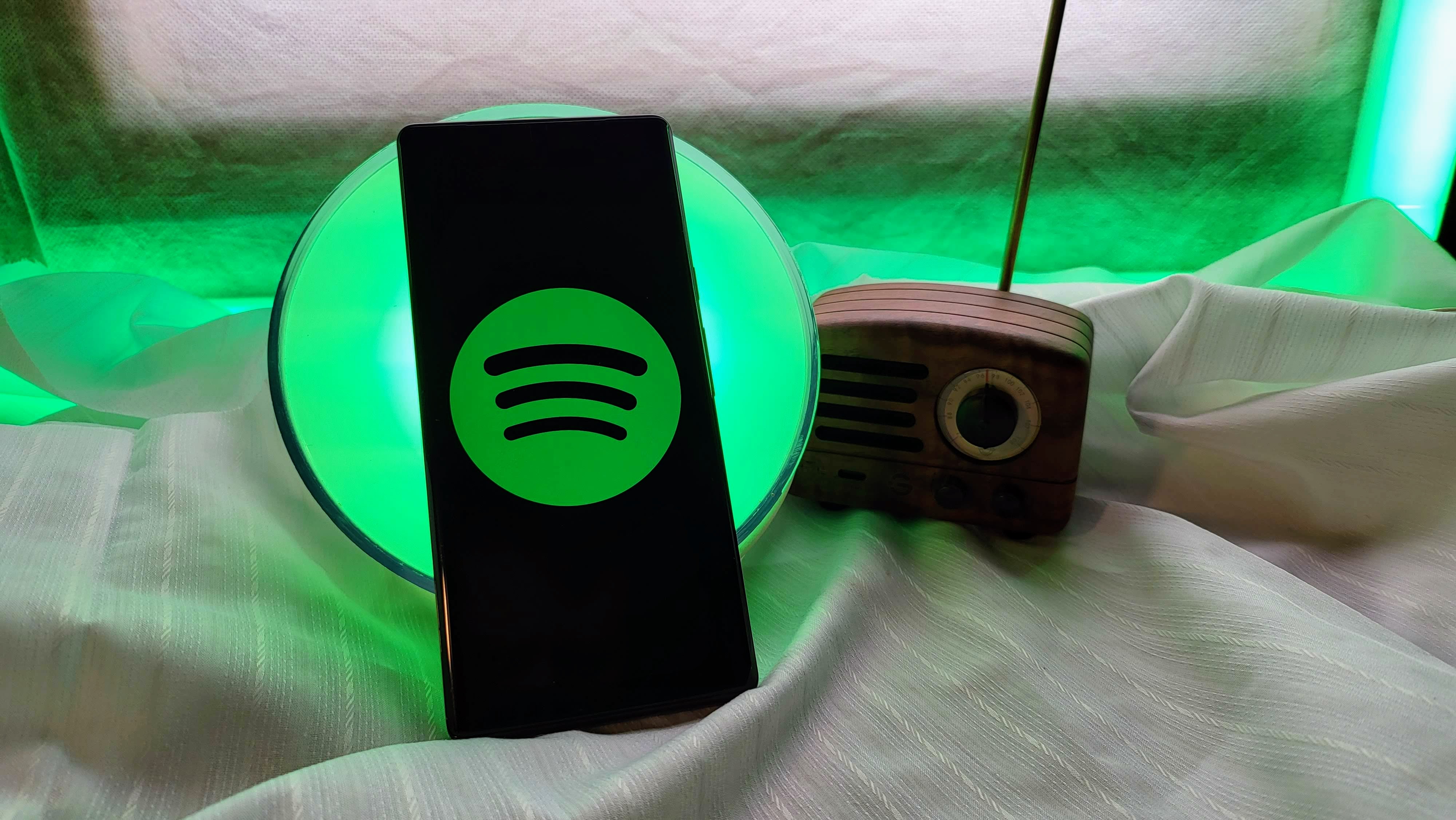
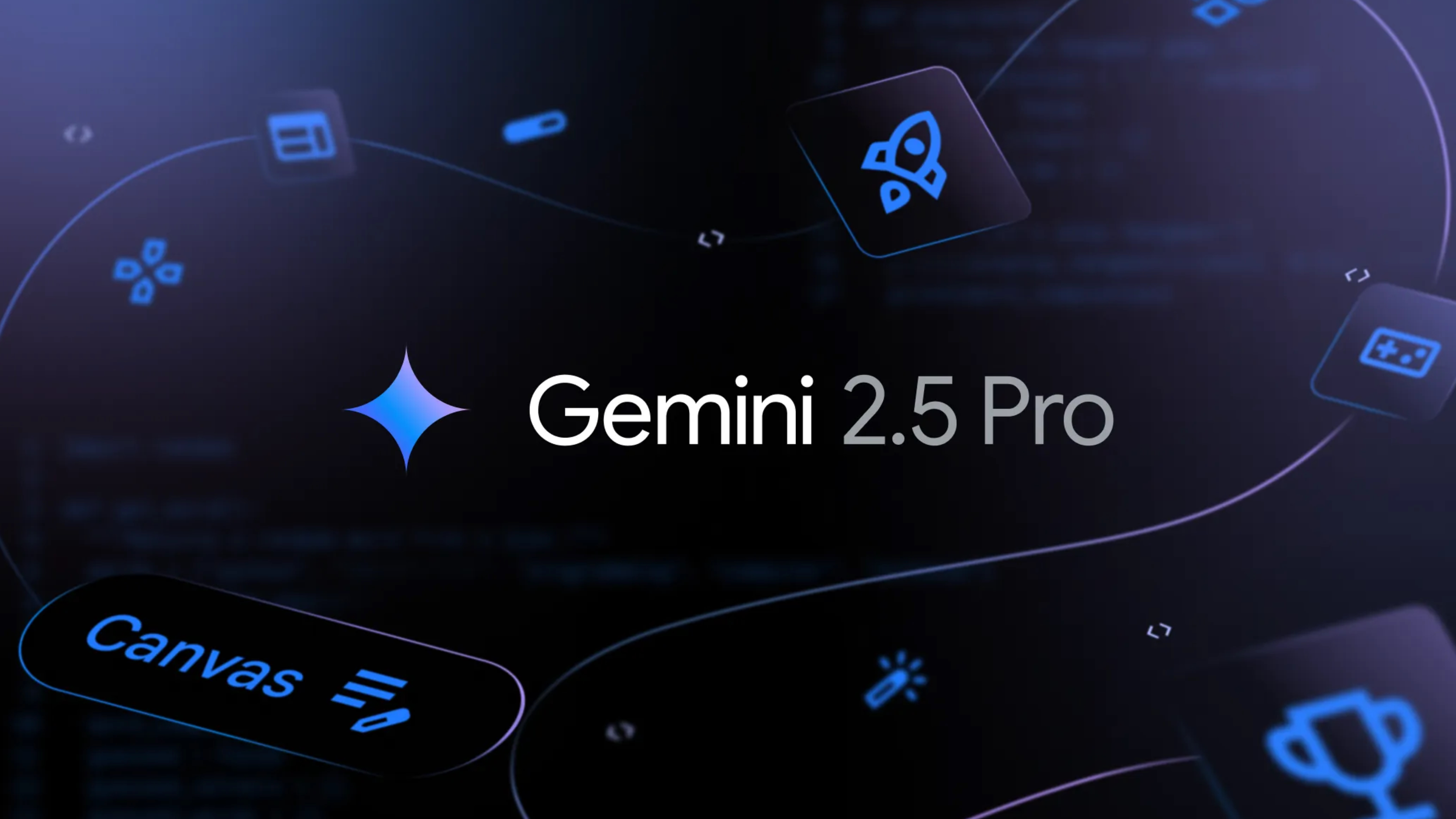
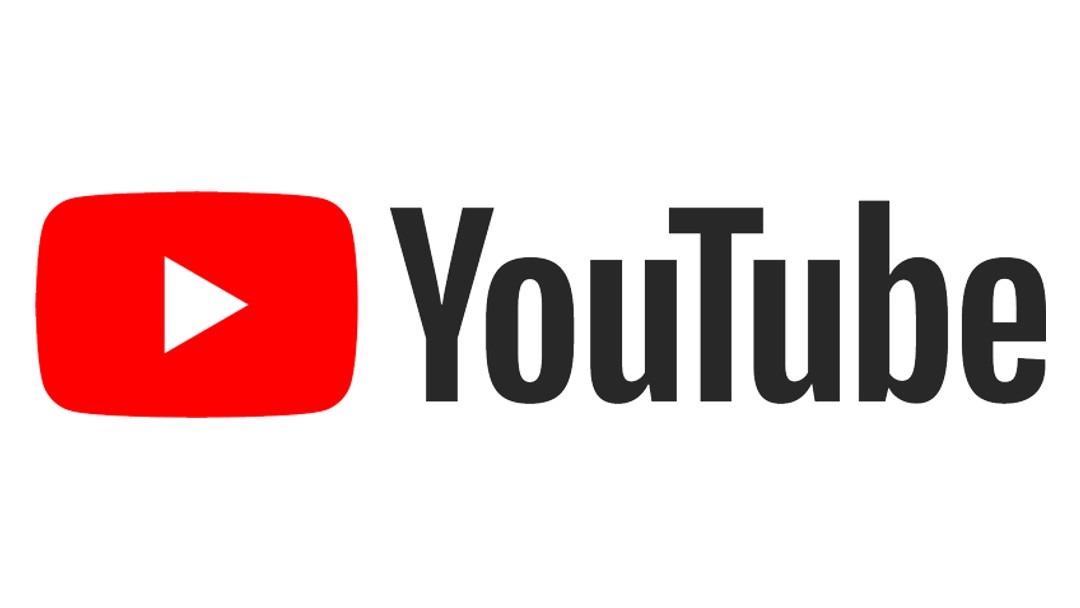





















![Google Mocks Apple's 'New' iOS 26 Features in Pixel Ad [Video]](https://www.iclarified.com/images/news/97638/97638/97638-640.jpg)

























